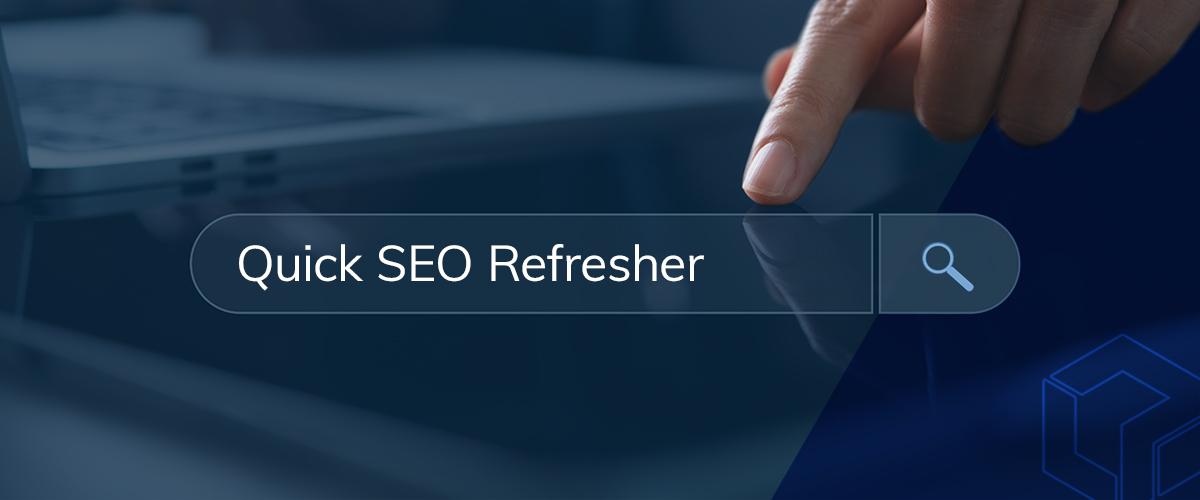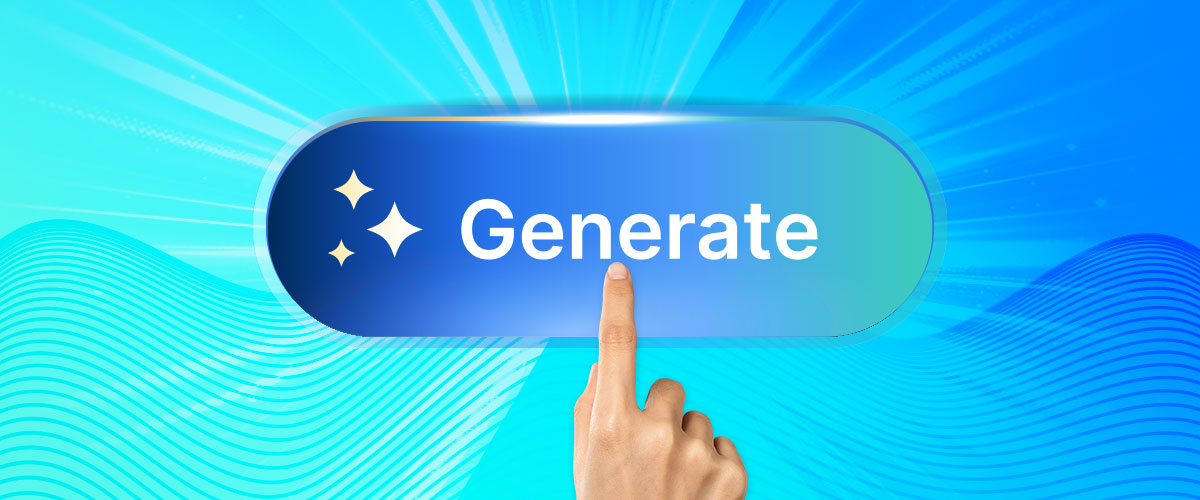In today’s professional environment, digital marketing is essential for growing your business. Your profits can easily plateau without it, which can cause your competitors to see more business than you do. In today’s article, we’re going to take a deeper look into digital marketing for local businesses and how it can help them to succeed. We’ll look at three different methods of gaining exposure through the online world—SEO, PPC, and Paid Social.
The Marketing Funnel
An easy way to understand what online marketing does is to look at a marketing funnel. This is essentially three stages that your intended customer will go through, which will hopefully end in a conversion. The three components of the marketing funnel are as follows:
- Awareness: The top of the funnel focuses on introducing individuals to your product or services. In this stage, you have to assume that they do not know your brand, and you must educate them accordingly. As such, content is essential in this stage. Blog posts, videos, and detailed location pages are all needed to successfully direct customers towards the next level of the funnel.
- Consideration: Once you succeed in getting consumers to notice you, an opportunity for a conversion presents itself. However, awareness doesn’t always lead to an immediate conversion— you now have to give consumers a reason to decide if they want to do business with you. They’ll likely spend this time sifting through your website, learning more about what you have to offer. Your content will play a huge role in the consideration stage.
- Decision: If you succeed in getting consumers through the first two parts of the funnel, they’ll reach the final stage. They looked through the resources and invested time into getting to know your product. If your content is well-crafted and your products are valuable, they’ll already feel an attachment to what it is you have to offer. If you succeed in creating an effective marketing strategy, their decision will hopefully be a positive one. It’s for this reason that it’s essential that local businesses carefully familiarize themselves with the information provided below.
Local vs. National Digital Marketing
An incredibly important factor to consider is whether you’ll use local or national marketing. Businesses that are unaware of the differences between the two may be erroneously spending more money than is necessary on their marketing campaign. As you may assume, local businesses wish to focus on a specific geographical location, while national ones have a much broader scope. If your business is a local one, you should focus your advertisements and budget on attracting customers that will find your business within reach.
Local Keywords
In the world of marketing, relevant keywords are incredibly important regarding targeting the right audience. Local keywords are important because local businesses aren’t focusing on ranking well on a national scale. The reason for this is that they’re naturally more likely to acquire a conversion with a local search.
As far as keywords go, local businesses want to try to rank for long-tail keywords as opposed to short-tail alternatives. For example, say that you own an attic insulation company in Chicago. The simple search term attic insulation may have an incredibly high search volume, but it yields nearly 60,000,000 results—all are pages competing against each other. In comparison, attic insulation Chicago yields less than 2,000,000 results, giving businesses more of an opportunity to rank.
When determining the keywords you’ll use, you want to do thorough research regarding relevant industry keywords, as well as locality and search volume. It’s important to know that low search volume isn’t a bad thing if these lower results are more likely to result in a positive conversion.
Why You Should Target Local
You want to avoid targeting a national audience. How much you spend on your marketing campaign is largely based on how many potential customers you’re trying to reach. If you’re keeping your focus on a specific area, the amount you have to spend decreases. Additionally, targeting local allows you to use the specialized keywords and location pages that will get you clicks that count.
Local Businesses and SEO
SEO— which stands for search engine optimization—is a practice that improves a site’s rankings through the use of building backlinks and using the appropriate keywords. The proper use of SEO is a great way to ensure your business ranks well organically in location-based searches. Several factors go into SEO, with the end goal being that you ultimately improve your domain authority in Google’s eyes. While there are many respects in which a local SEO campaign works similarly to a national one, there are a few notable differences, which we’ll outline below.

Google My Business
No one can overstate how important it is for a business owner to register their company with Google My Business, as neglecting to do so will negatively impact how your business ranks in the SERPs. This tool is completely free, and it allows you to input important information about your business that will help potential customers quickly locate items such as your address, contact information, and customer ratings.
Another reason to add your business in My Business is that you want to verify your company. One downside of the tool is that anyone can claim to be your business, so, ideally, you want to do this before anyone else can. You can optimize your listing by including the following items:
- A fully fleshed-out profile
- Relevant, high-quality photos
- Positive customer reviews
- A clearly displayed address and phone number
Building Location Pages
An effectively optimized location page will serve to help a local business generate relevant leads. Google doesn’t like thin content, so it’s best to flesh out your word count to show the engine that you have an adequate amount of information. With this in mind, however, it’s important that all of a page’s content is relevant. If you’re simply keyword stuffing and adding content that isn’t user-friendly, the search engine will eventually penalize your page. The ideal location page will include the following items:
- Business hours
- Necessary contact information, including a phone number and email address
- Visual content
- A business bio
- A list and description of services
- Relevant keywords
Blog Posts
An important item for any small business to have is a blog. Though this may not seem necessary to some, it’s an excellent tool for improving your ranking in the SERPs. Blog posts are oftentimes used in an SEO campaign to boost keyword rankings and build backlinks.
Backlinks are essentially links on other websites that lead back to a page on your own site. If the website linking to yours has good authority, it will improve your site. The blog posts should include user-friendly content and any keywords that you hope to rank for. Google likes pages with a high word count, and that is broken up with headers and bullet points. As such, a high-quality blog is vital to a successful SEO campaign.
Local Businesses and PPC
PPC—or, pay-per-click— is the solution for a business that wants to target a specific audience and see results in a timely manner. With PPC, ranking for a keyword happens far sooner than it would when utilizing other advertising methods. Due to bidding, some small businesses may be wary of PPC. Ultimately, however, it can be a powerful marketing tool.
Targeting Your Audience
Regarding targeted audiences, social media marketing may have the upper hand when it comes to using detailed information about consumers to choose what ads to target. PPC will take note of basic items such as age and marital status, but it doesn’t go ridiculously in-depth. However, locational data can be incredibly useful. The factors you can have Google consider in a PPC strategy include the following:
- Age
- Marital status
- Location (zip codes)
- Household income
- Age groups
- Genders
Bidding and Your Quality Score
The placement of an ad has to do with how much an individual is willing to pay, as well as their ad’s quality score. This is one of the most important aspects of PPC, and there’s a lot that goes into it, which is why many businesses opt to have a professional company manage their PPC campaign. Though we can’t include every facet of these strategies in a mere few words, it’s useful for one to receive a brief overview.
How much you’re willing to bid on it, as well as its quality score, will determine the placement of your ad. As far as the bid goes, an individual in charge of an ad campaign will choose a maximum amount of cost-per-click that they’ll pay. If someone else bids higher than you have and has a high-quality score, Google will rank them higher.
The quality score goes hand in hand with the cost-per-click, and they work together to determine an ad’s placement. The following goes into determining a quality score:
- A page’s click-through rate
- The individual’s landing page experience
- Keyword relevance
Testing
If you’re unsure what strategy will yield the best results, you can utilize split-testing—also known as A/B testing. This works by creating several different versions of an ad and showing them on rotation. Play with the headings, ad copy, and any imagery there may be. Once you’re running the ads, you can monitor their performance and any standouts in the rankings.
Local Businesses and Paid Social
We mentioned above how paid social oftentimes has a more intelligent targeting system than other marketing avenues. Facebook has a customization system that allows you to create your ideal customer by entering the characteristics of the individuals you’d like to target. There are many customer characteristics you can give Facebook, a few of which include the following:
- Age
- Education
- Work history
- Location
- Interests such as favorite food or films
- Income
- Individuals that clicked but didn’t convert
Once you begin to get conversions from your ads, you can have Facebook begin to curate lookalike audiences. What this means is that Facebook learns the characteristics and interests of those who converted as a result of your ads and begins to market your content to them as well.
Bidding
Though Google has a more sophisticated bidding system, many local businesses enjoy using Facebook’s ad setup. You can tell Facebook that you want to spend only so much a day—say, $5. Facebook’s algorithm will take this budget and weigh it against the budgets of your competitors. It will also consider when your intended demographic is online and choose the best time to display your ad. This algorithm works in a way that allows small business owners to get their brand out there without spending more money than they have.
What Logical Position Has to Offer
The marketing strategies we listed above are all methods that can be incredibly successful, but only if one is playing by the rules. The online world contains millions of businesses, but this doesn’t mean that yours can’t stand out. These rules we mentioned are complicated, and they change frequently. Ultimately, however, the focus should be on offering customers the best experience possible.
The experts at Logical Position have learned the rules and know how to adapt to them. If you trust us with your business, we will create a strategy meant to increase your exposure and, as a result, your profits. We respect the budgets of our clients and make sure that every dollar you spend goes towards bettering your business. When you sign on with us, you can expect us to do all of the following:
- Determine whether you’ll need a local or national campaign, and adjust your strategy accordingly
- Frequently analyze your results to figure out what works best and adjust strategies as needed
- Track conversions to see which avenues your conversions are coming from
- Always be available to give you updates on the campaign’s status and answer any questions you may have
Logical Position specializes in PPC, SEO, and social media marketing. We’re happy to discuss your business and what marketing avenue will best help it grow to its full potential. If you’d like to learn more about the services we have to offer, feel free to contact us today.




